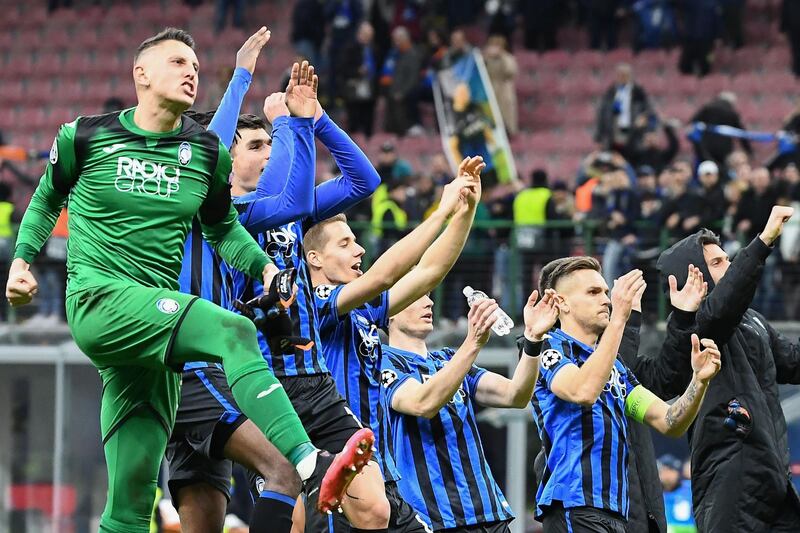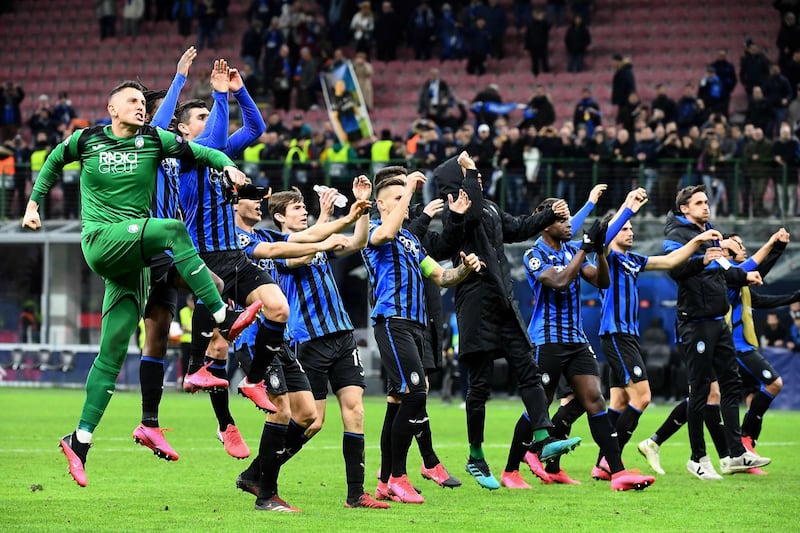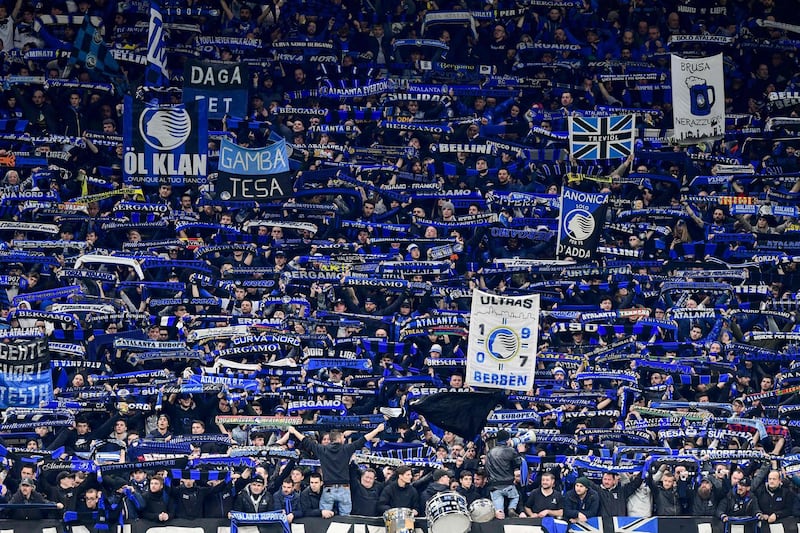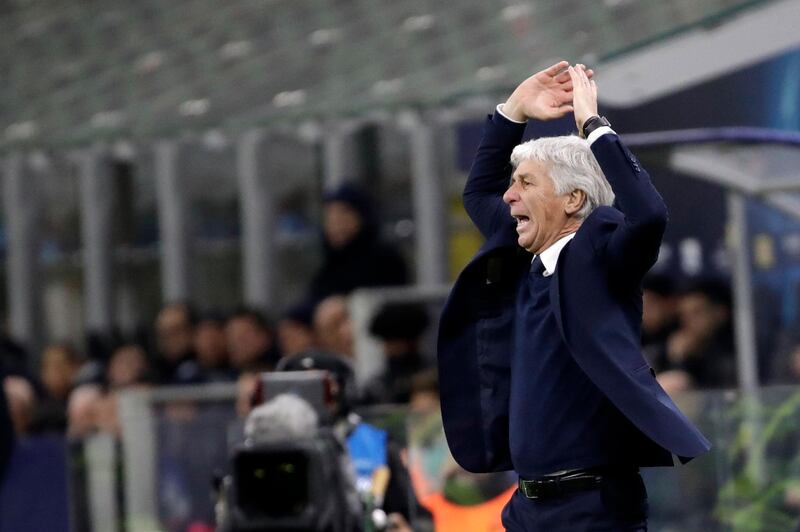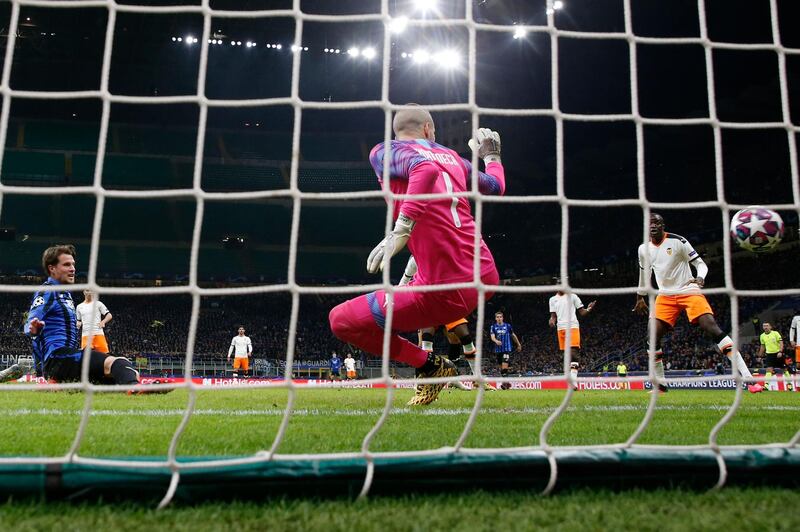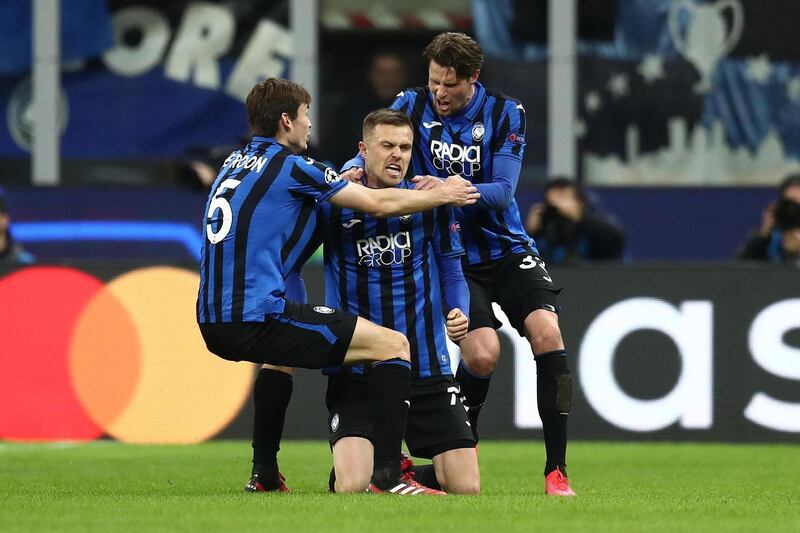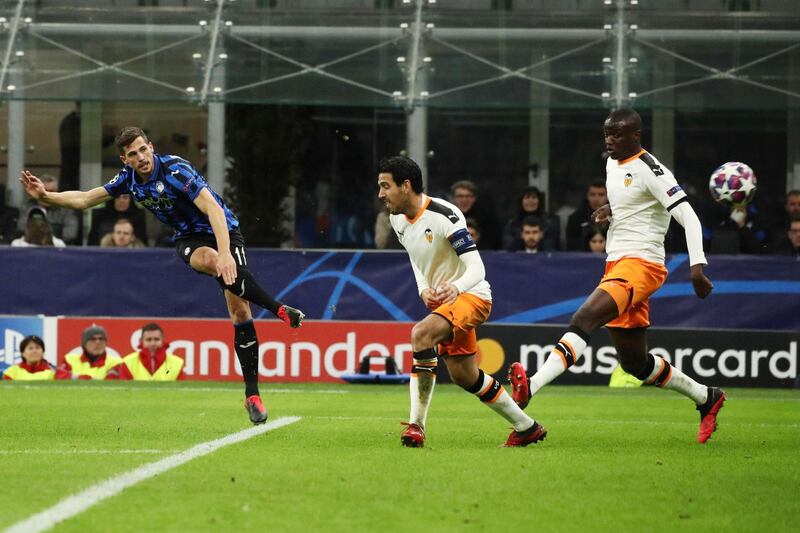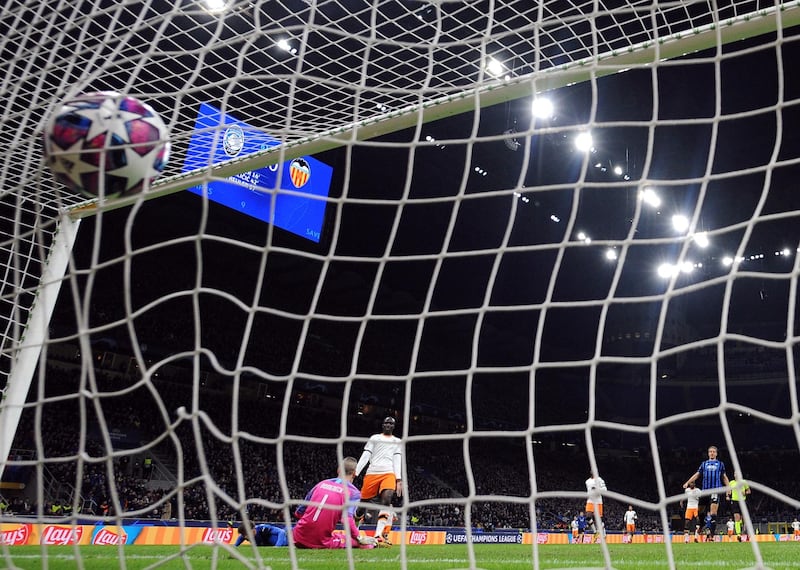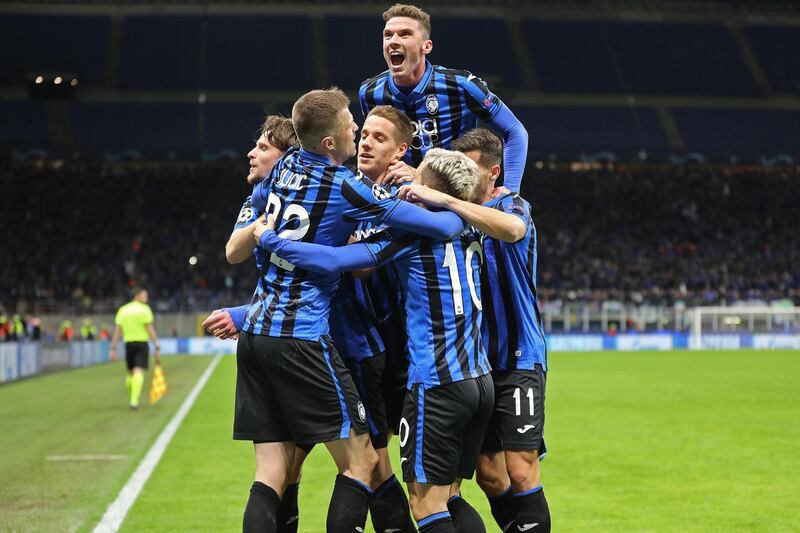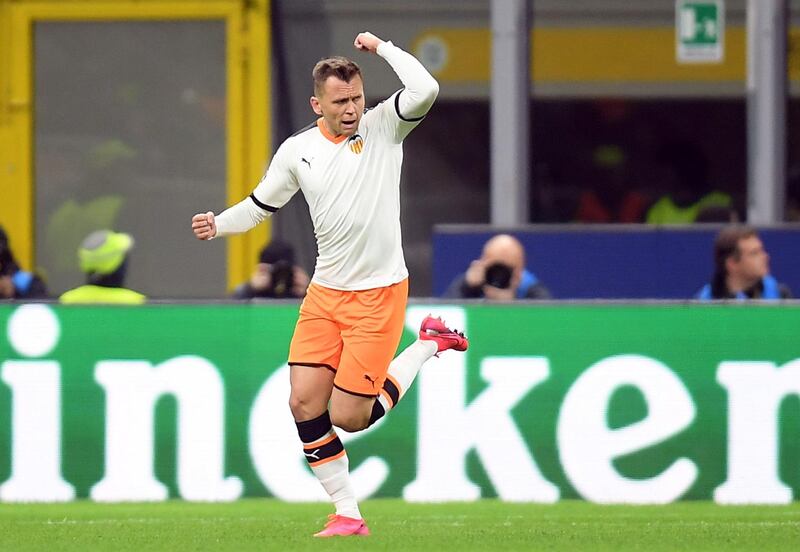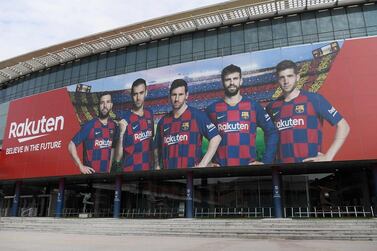In Bergamo they paid their respects as best they could to Enzo Donina. He passed away on Friday, aged 69, and much as the city’s football club, Atalanta wished to mark the death of a popular former player, and later coach and talent-spotter, with a congregation of well-wishers, such gatherings are currently outlawed in Italy, above all in Bergamo.
The prosperous city in Lombardy is Europe’s epicentre of Covid-19, the virus that took Donina. Local lives are being lost at a rate of close to one every half-hour according to weekend bulletins from Bergamo’s overwrought health service.
In Donina's obituary in the Eco di Bergamo newspaper, it was reported that he, a veteran of the 1971 Atalanta promotion season and, in his 60s, an active contributor to the club's fine record for developing young footballers, had joined the happier Bergamo story of recent months. Donina was present for some of the adventures Atalanta enjoyed during the club's first journey in the Champions League, a witness to the fairytale that was captivating European audiences until sport locked down in the face of a global crisis.
To recap, to what seems much more than two weeks ago, Atalanta have reached the quarter-finals of the Champions League. And they did it in defiance of all odds, having lost their first three games in the group phase before launching a comeback.
The comeback had real momentum, the competition's debutants beating Spain’s Valencia 8-4 on aggregate in the last-16. The first leg had been quite a show: 4-1 to Atalanta, the underdogs.
That match, on February 19, was held at San Siro, Milan, the grand, fabled arena Atalanta have borrowed for their European campaign, its capacity and infrastructure being better suited to Uefa needs than their Bergamo home, with its 21,000, mostly uncovered seats. More than 40,000 Atalanta fans travelled the 50 kilometres from Bergamo to San Siro. Valencia supporters came in good numbers from Spain.
It is those numbers, far more than the five goals on the night, that are now being remembered, dissected and analysed.
“That match was a loudspeaker for spreading the coronavirus infection,” Francesco Le Foche, a Rome-based Immunologist told various Italian media, echoing a number of medical experts who have signalled that specific Atalanta-Valencia fixture as a catalyst for Bergamo’s particular health crisis, and as a standout example of how Italy's authorities imposed a lockdown on the movement of people far later, in the face of Covid-19, than they ought to have done.
“You had almost 50,000 going from Bergamo to Milan, sitting close to another in coaches, trains, restaurants and cafes,” added Le Foche, “and 14 days afterwards was when the contagion in the area exploded.”
Atalanta can hardly be held responsible for fulfilling that fixture, nor the enthusiasm of their supporters for being there. Atalanta 4, Valencia 1 was perhaps the greatest night in the history of a club whose only major trophy is the 1963 Coppa Italia. But Atalanta 4, Valencia 1 now bears an unwanted infamy as the day Italy failed to act on a public health emergency.
The resumption of Italy's Serie A, let alone the Champions League, looks many weeks away, at best. When it does tip-toe back, the likelihood is that the first fixtures will be played behind closed doors, as Atalanta’s second leg at Valencia was.

The matchball from that night is to be auctioned, courtesy of Atalanta striker Josip Ilicic, who took it home with him by right. Ilicic had scored all four goals in the 4-3 win at the Mestalla, a headline achievement in normal times, but a story obscured by the eerie, foreboding atmosphere around it. The proceeds from Ilicic's matchball will go to a Bergamo hospital.
Atalanta supporters groups have meanwhile raised tens of thousands of euros in donations, mobilised volunteers, as have their counterparts from Brescia, their nearby rivals. The spirit of co-operation between the two sets of fans was until the weekend celebrated in a banner pinned up on a bridge that links the two cities. Alas, the banner was vandalised, a dispiriting act widely condemned from both sides.
Over that bridge, army vehicles regularly rumble into Bergamo, some of them tasked with collecting coffins. Space for burials and cremations is running out in the city. The same local newspapers that five weeks ago were putting aside extra pages for coverage of Atalanta’s progress are now expanding their obituary sections instead.
“There’s a helplessness,” said the Atalanta midfielder Robin Gosens. “It is hard to imagine a greater sadness than what is happening here.”
